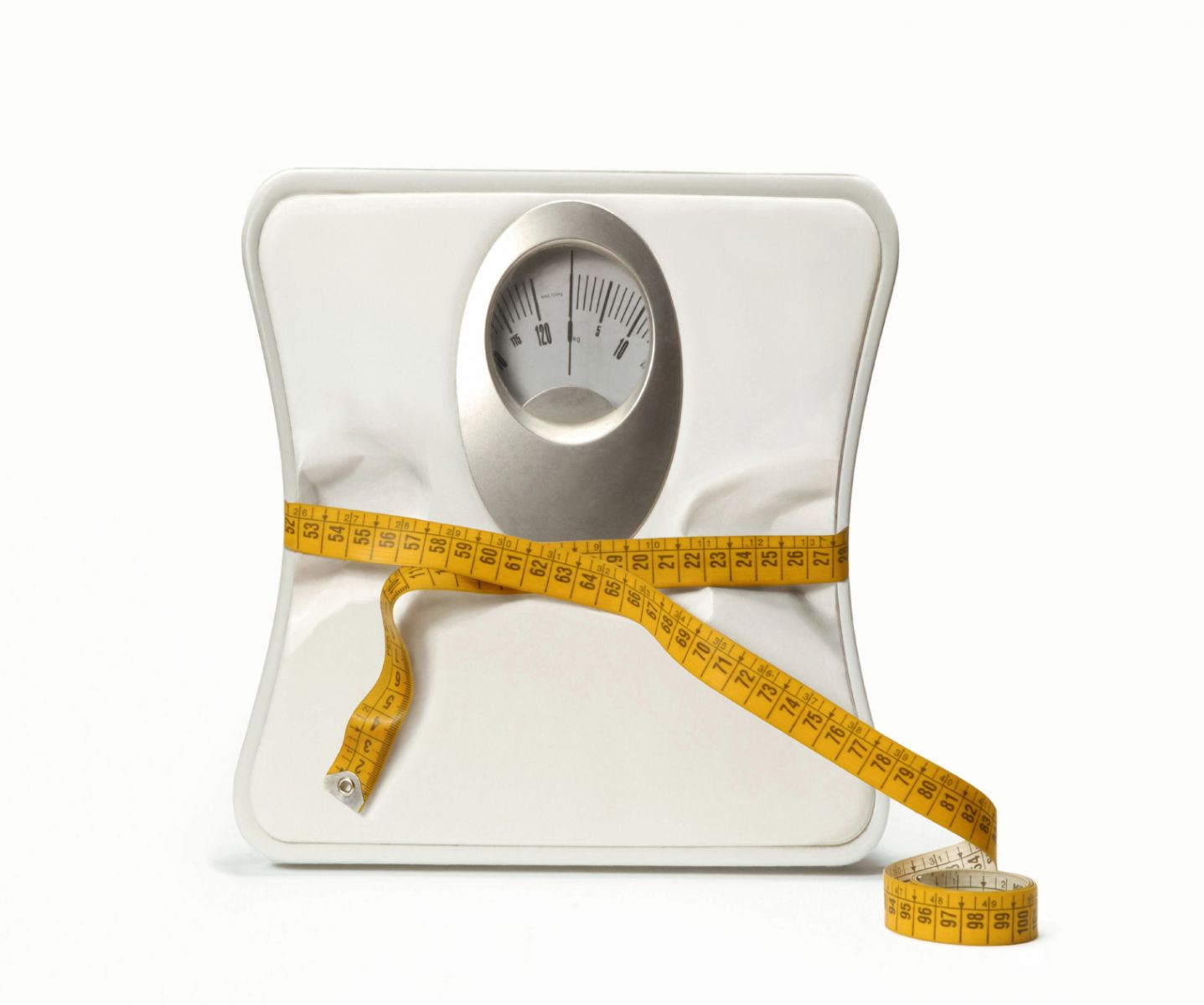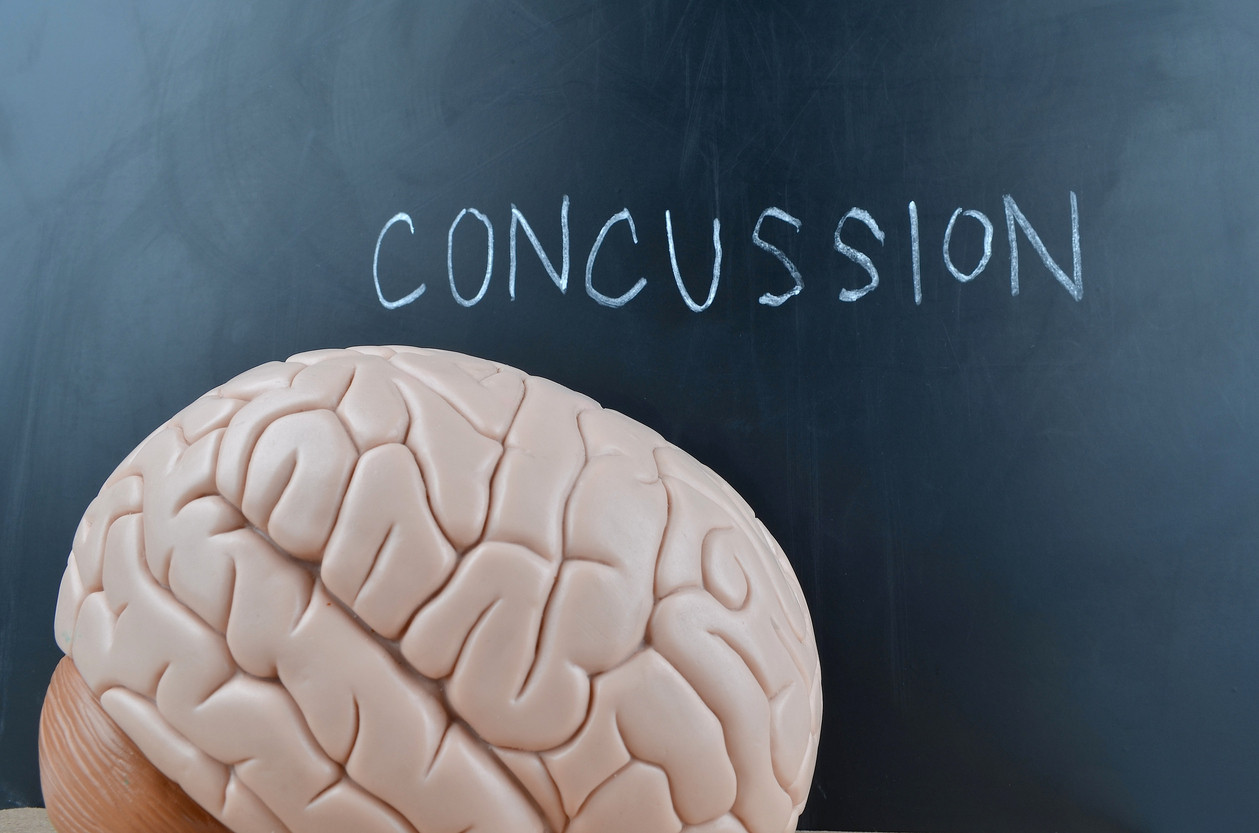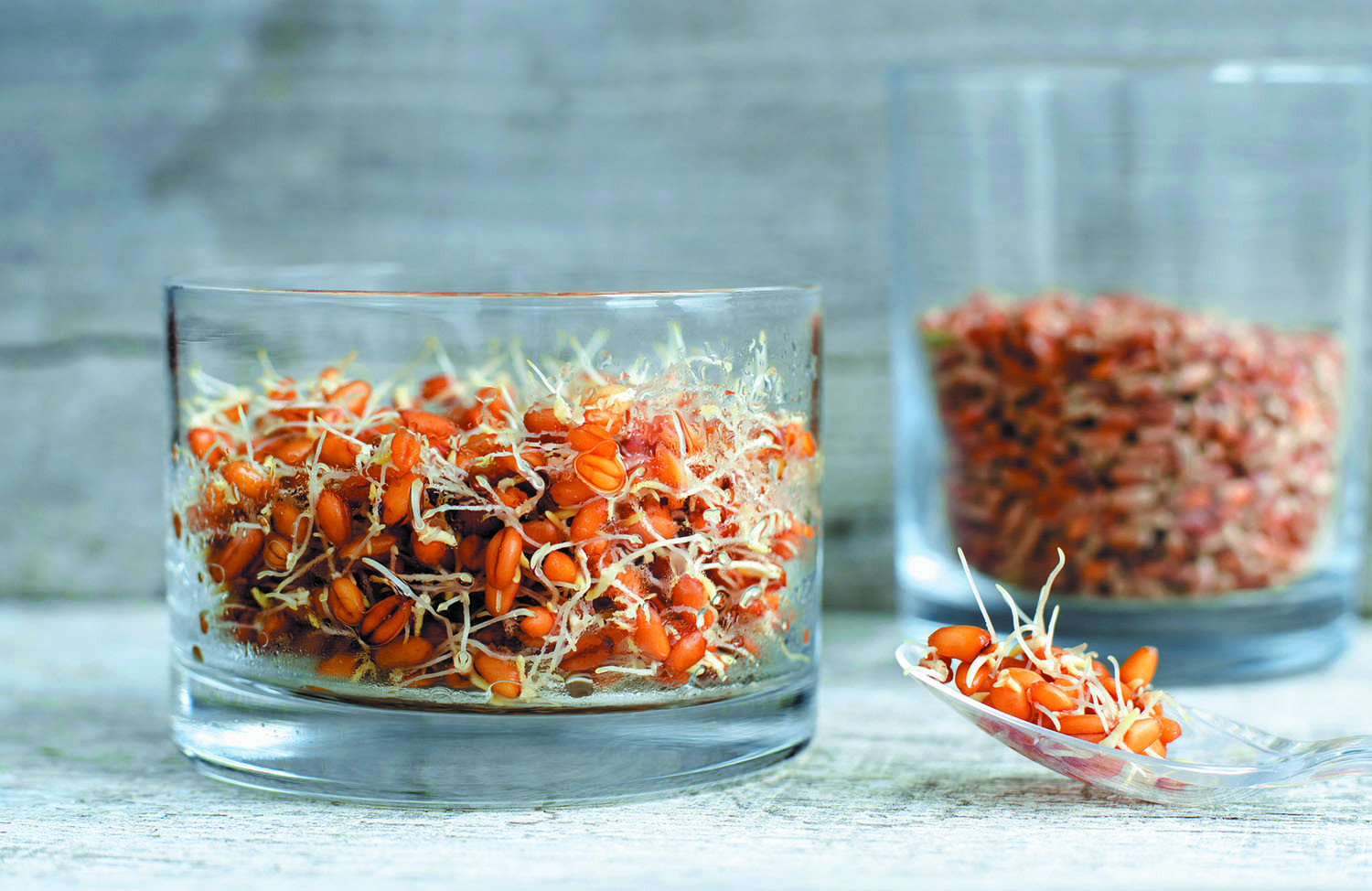
Counting steps is good — is combining steps and heart rate better?

Appendix pain: Could it be appendicitis?

Can saw palmetto treat an enlarged prostate?

How does Ozempic work? Understanding GLP-1s for diabetes, weight loss, and beyond

Zinc: What it does for the body, and the best food sources

Respiratory health harms often follow flooding: Taking these steps can help

Tips to leverage neuroplasticity to maintain cognitive fitness as you age

Can white noise really help you sleep better?

Celiac disease: Exploring four myths

What is prostatitis and how is it treated?
Staying Healthy Archive
Articles
Six tips for safe strength training
Strength training isn't just for bodybuilders. Like aerobic exercise, it's important for everybody, and it should be a part of any comprehensive exercise program. Of course, if you've never trained with weights before, it can seem a little daunting. But as long as you ease into it gradually and take the proper precautions, strength training is safe for most people.
Use the six tips below to help you get the most from your strength workouts.
Find the weight-loss plan that works for you
You've tried different diets — and have even been exercising regularly — but those extra pounds won't budge. Don't give up. It may be that you haven't yet found the weight-loss strategies that work for you.
"Everything works for some people, but no treatment is equally effective for everyone," says Dr. Lee Kaplan, director of the Obesity, Metabolism and Nutrition Institute at Massachusetts General Hospital. "No method is fundamentally better than any other. The key is finding out which therapy is best for you, and that takes trial and error."
Navigating the Medicare maze
Medicare is the federal health insurance program for people who are age 65 or older and those younger than 65 with a disability,
The definition of disabilities used to determine Medicare eligibility is the same as that used for Social Security benefits.
Medicare can be a maze all by itself. It has various components, designated by the letters A through D. Each one provides different benefits. In general, out-of-pocket costs are lower in Medicare than in commercial health plans. Here is a summary of what each part covers:
Free services to help your health
Take advantage of free medications, blood pressure screenings, and exercise classes to stay healthy and save money.
Image: © Wavebreakmedia/Thinkstock
Medical costs are soaring, but not every step you take to improve your health has to cost an arm and a leg. Some services are even free, regardless of your financial need. "These are incredibly helpful, although few of my patients know about many of them," says geriatrician Dr. Suzanne Salamon, an assistant professor at Harvard Medical School. The trick is knowing where to find the services, and this month we have suggestions on where to look.
Free exercise classes
Exercise is essential for overall health and mobility, especially as we get older. Many organizations support that by offering free exercise classes for older adults. Good places to find free classes: hospitals and senior centers. Give them a call, or look on the Internet to see an organization's event calendar.
Trending now: Sprouted grains
These grains have more nutrients than regular whole grains, and they may be easier to digest.
Image: © kazmulka/Thinkstock
You know that whole grains are loaded with nutrients and fiber and are an important component of a healthy diet. Now an early harvesting method for grains — when they're just sprouts — is becoming popular, with sales of sprouted grains predicted to grow eightfold in the United States by 2018.
"It's one of those trends taking off as people are looking for the next big thing. And in some ways, sprouted grains are a step above regular whole grains," says Kristina Secinaro, a registered dietitian at Harvard-affiliated Beth Israel Deaconess Medical Center.
Sodium in groceries on the decline
News briefs
The amount of sodium we're bringing home from the grocery store has dropped significantly in the past two decades, according to a study published online June 5, 2017, by JAMA Internal Medicine. Excess sodium intake is associated with a higher risk of heart disease. Researchers analyzed the sodium in about 1.5 million products purchased by more than 172,000 households in the United States from 2000 to 2014. Sodium in packaged foods brought into these homes declined from about 2,300 milligrams (mg) per person per day to about 1,900 mg per person per day. The declines were seen in all kinds of products — especially those notoriously high in sodium like condiments, sauces, dips, and salty snacks. The study can't tell us if the amount of sodium people consume is also declining. But it's a good reminder to keep an eye on your intake, since a salty diet can lead to high blood pressure, a major risk factor for heart disease and stroke. The American Heart Association says an ideal limit is 1,500 mg of sodium per day for most adults. That's hard to achieve, but being a savvy shopper for lower-sodium foods can help.
Image: © Lizalica/Thinkstock
More over-the-counter hearing aids on the way
News briefs
As we reported in March, the FDA has been debating whether to create a class of over-the-counter (OTC) hearing aids to inspire new products costing hundreds, not thousands, of dollars. Congress and the president pushed the effort forward over the summer, approving the Over-the-Counter Hearing Aid Act in August. It gives the FDA three years to establish the OTC hearing aid category and develop safety and labeling rules for the devices. Last December, the FDA said it would no longer require adults to receive a medical evaluation or sign a waiver before purchasing most hearing aids. So now people with mild to moderate hearing loss don't need a doctor's prescription to get an OTC hearing aid, and don't need to see an audiologist for a fitting. OTC hearing devices aren't the same as prescription hearing aids, however. They're amplification devices, and they may not be right for your particular type of hearing problem. Without an evaluation by a doctor, an underlying condition may go undiagnosed. Discuss the risks and benefits with your primary care doctor.
Older adults are drinking more alcohol
News briefs
Heavy alcohol drinking, abuse, or dependence among older adults is rising at unprecedented rates, suggests a study published online Aug. 9, 2017, by JAMA Psychiatry. The authors analyzed information about alcohol use among 43,000 adults ages 18 or older during 2001–02 and then compared it with information about alcohol use among 36,000 adults during 2012–13. In virtually all age, race, and socioeconomic groups, high-risk drinking and alcohol abuse and dependence increased over the decade. Among all age groups, the increase tended to be greater in people who were less affluent, less well educated, and members of racial minority groups. Although during both time periods adults ages 65 and older had lower rates than younger people, the increase in high-risk drinking (65%) and alcohol abuse (107%) was greatest in this older age group.
The study authors emphasize that older adults are at higher risk for disability, illness, and death from many alcohol-related chronic diseases, falls, and injuries. Your best bet: if you drink alcohol, limit it to one drink per day if you're a woman, and one or two if you're a man.

Counting steps is good — is combining steps and heart rate better?

Appendix pain: Could it be appendicitis?

Can saw palmetto treat an enlarged prostate?

How does Ozempic work? Understanding GLP-1s for diabetes, weight loss, and beyond

Zinc: What it does for the body, and the best food sources

Respiratory health harms often follow flooding: Taking these steps can help

Tips to leverage neuroplasticity to maintain cognitive fitness as you age

Can white noise really help you sleep better?

Celiac disease: Exploring four myths

What is prostatitis and how is it treated?
Free Healthbeat Signup
Get the latest in health news delivered to your inbox!
Sign Up











